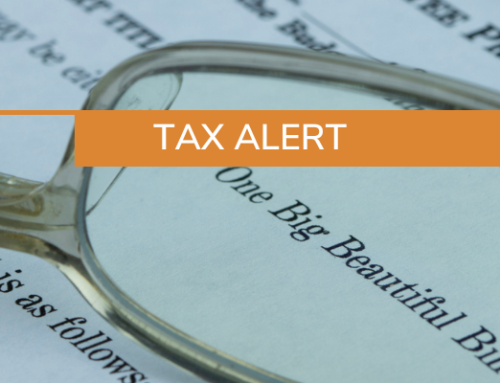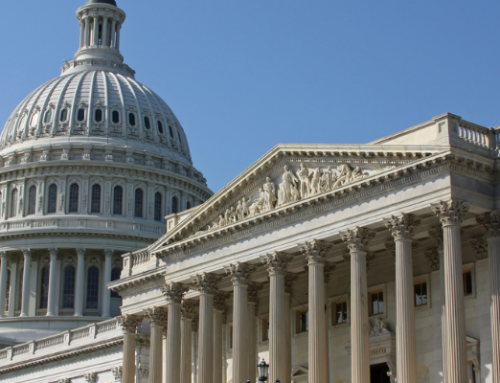New Law – Election by PTE
A new State of Maryland allows pass-through entities (PTEs), including partnerships and S Corporations, to elect to pay the Maryland income tax due on both resident and non-resident owners’ share of the income from the PTE. PTE owners would include shareholders, partners, and members of an LLC. The new law is in effect for tax years ending after December 31, 2019. Additionally, the state taxes paid under the new law are considered to be assessed at the entity level. Having the taxes assessed on the entity makes an important distinction in how the taxes paid impact the tax returns of the PTE and its owners. If the PTE makes the election, it would be able to take a deduction on its tax returns for the Maryland taxes paid.
The following summarizes the impact of the election on the Federal and Maryland tax returns of the PTE and its owners:
- Federal Income Tax Returns
- The PTE reports the Maryland state taxes paid under the election as a deduction on its Federal tax return.
- The PTE owner reports his share of the PTE’s income or loss for the tax year which includes the state tax deduction on his Federal tax return.
- Maryland Income Tax Returns
- The PTE elects to pay the Maryland tax on behalf of its resident and non-resident owners.
- The individual PTE owners will presumably be required to add-back the Maryland state taxes deducted by the PTE when calculating Maryland taxable income. This is similar to the current requirement for entity-level taxes paid in other states.
- The PTE owner will take a credit on his Maryland tax return for the taxes paid by the PTE on his behalf.
Prior Law – Maryland Pass-through Entity Nonresident Tax
Prior to this new law, Maryland has generally required PTEs to pay the pass-through entity non-resident tax on its non-resident owners’ share of income. This tax, while paid by the entity, was considered to be a tax assessed on the individual PTE owner. The taxes would be deductible for Federal income tax purposes as an itemized deduction on Schedule A of the PTE owner’s individual income tax return.
The Tax Cuts and Jobs Act (TCJA) limited the Federal itemized deduction for state and local income taxes to $10,000. With the TCJA limitation on state and local taxes, an individual taxpayer would not receive a benefit on his Federal income tax return for any state and local income taxes, personal property or real estate taxes paid over $10,000. Therefore, the PTE owner potentially may receive no benefit at the Federal level on the Maryland non-resident taxes paid by the PTE. The PTE owners could still claim the nonresident taxes paid on their individual Maryland tax returns.
By way of comparison, under the prior law, a PTE owner would potentially receive no benefit on the Federal return due to the TCJA state and local tax limitation. With the new law, a PTE would make the election and a PTE owner would receive a benefit on their Federal tax return from the lowered income reported on the Federal Schedule K-1 as the income passed through from the PTE now includes the deduction for Maryland state taxes paid.
Calculation of Maryland Taxes Paid by PTE
Under the new election, the entity level tax is calculated for individual owners using the highest state tax rate plus the lowest county income tax rate. This tax rate is the same method used to currently calculate Maryland’s nonresident owner tax. The tax rate for corporate owners is the corporate tax rate.
If a PTE owner is a resident of Maryland and has a higher local tax rate, this does not impact the state taxes paid by the PTE under the election. The difference in tax due to the higher rate would be paid by the PTE owner on his Maryland income tax return.
Additional Considerations
There are a few other items to note regarding the new PTE election.
- There is still further guidance needed from the State of Maryland regarding the election including the mechanics of how to make the election.
- The election might not be appropriate for all PTEs as there may be additional considerations to evaluate when determining whether the election is the best option for a PTE.
- Future guidance may be issued by the IRS on whether or not the PTE taxes are deductible at the Federal level.





